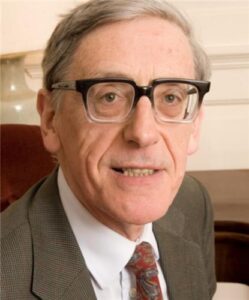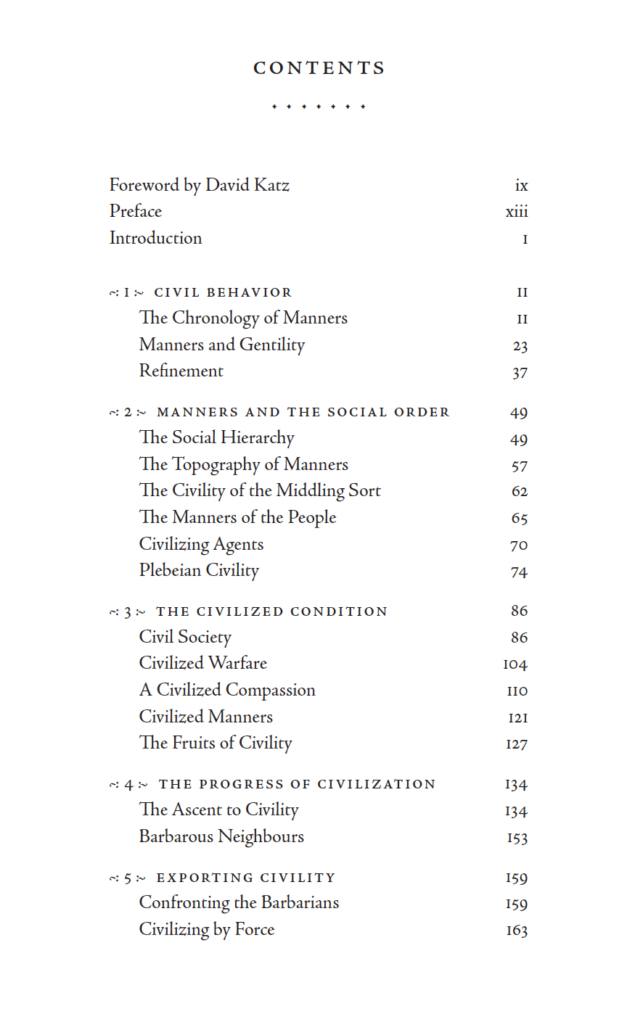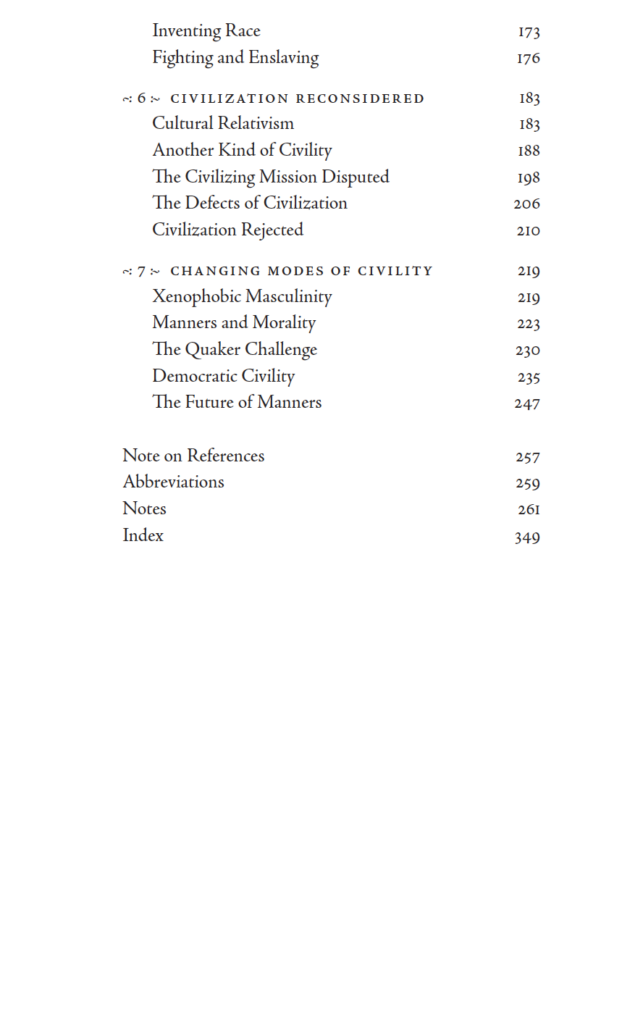Anyone familiar with Sir Keith’s previous work will know to expect a tour de force of the historical imagination supported by wide and very deep reading in a multitude of primary sources—official and unofficial, proscriptive and descriptive, elite and, where available, nonelite, contemporary and modern. The scholar will delight in the breadth of quotation, the general reader in a fascinating story well told.
Keith Thomas
Sir Keith Thomas was born in 1933 and educated at Barry County Grammar School and Balliol College, Oxford, where he read Modern History. He has spent all his academic career in Oxford, as a senior scholar of St. Antony’s (1955), a Prize Fellow of All Souls (1955-57), Fellow and Tutor of St John’s (1957-85), Reader (1978-85), ad hominem Professor (1986) and President of Corpus Christi (1986-2000). He returned to All Souls as a Distinguished Fellow (2001-15). He is now an Honorary Fellow of …







